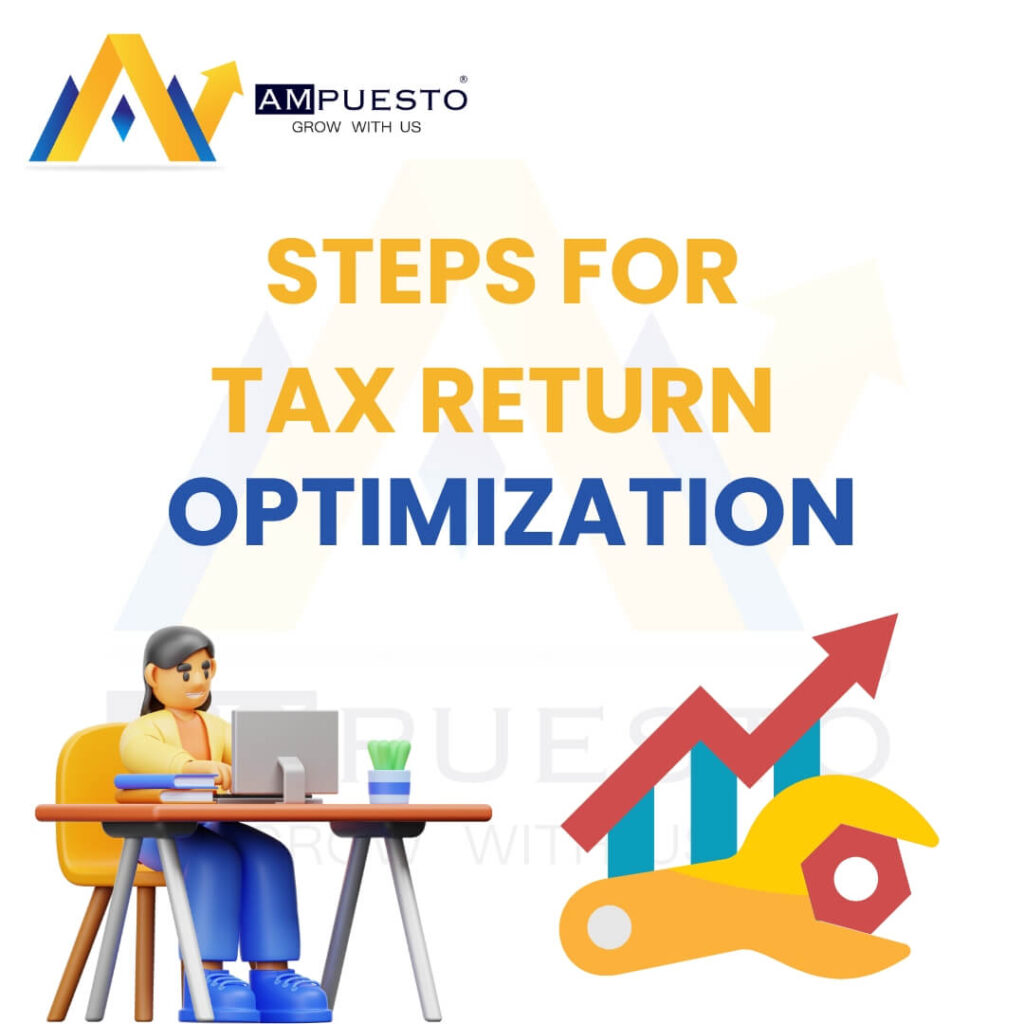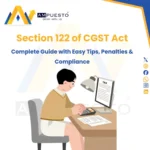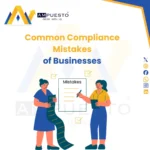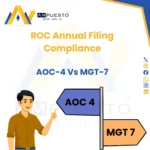Optimising tax returns is one of the best decisions a business owner can make. Although saving money is undoubtedly beneficial, it’s equally important to make sure your company is set up for long-term success. Efficient tax preparation may optimise deductions, guarantee adherence to constantly evolving tax regulations, and avoid unpleasant surprises at the conclusion of the fiscal year.
We’ll go over important tactics in this tutorial to help you maximise your tax returns and retain more of your hard-earned earnings.
Importance of Optimising Tax Returns
Every business owner aspires to minimise tax obligations while maintaining legal compliance. But paying your taxes at the end of the year isn’t enough for tax optimization. It entails record-keeping, strategic planning, and knowledge of the credits and deductions your company is eligible for. This strategy guarantees that you won’t be losing money.
7 Strategies to Optimize Your Business Tax Returns
1. Understanding Tax Deductions and Credits
Both tax credits and tax deductions lower your tax obligation, although they do it in various ways:
- Tax deductions: These lower your income which is subject to taxes. For instance, you will only pay taxes on $90,000 if your income is $100,000 and you deduct $10,000. Operating costs such as rent, salary, and office supplies are frequently deducted.
- Tax Credits: These immediately lower your tax liability. You will only pay $8,000 if you have $10,000 in taxes and are eligible for a $2,000 tax credit. Credits, such as the Research and Development (R&D) tax credit and energy efficiency incentives, might be even more beneficial than deductions.
Common Deductions Available to Businesses
A number of deductions are available to businesses, such as:
- Office supplies and equipment
- Wages and perks for employees
- Utility bills;
- Office space rental or mortgage interest;
- Marketing and advertising costs;
- Business-related vehicle expenditures
You may maximise your tax return and drastically lower your taxable income by becoming familiar with the available deductions.
2. Keeping Accurate Financial Records
Successful tax optimization is based on accurate record-keeping. You risk missing out on important deductions, getting fined for mistakes, or even being audited if you don’t keep accurate records. You may submit an accurate tax return if your financial records are well-organised and provide you with a clear picture of your income, spending, and general financial health.
Tools and Software for Effective Record-Keeping
You can keep your financial data organised with the use of several tools:
- QuickBooks: A well-known accounting program for monitoring earnings, outlays, and payroll.
- Xero: This solution provides simple payroll, expenditure management, and invoicing, making it perfect for small enterprises.
- FreshBooks: Designed for independent contractors and small enterprises, FreshBooks streamlines expenditure management, time tracking, and invoicing.
In addition to making record-keeping easier, accounting software helps you prevent mistakes when submitting your tax returns.
3. Choosing the Right Business Structure
Your tax obligations are largely determined by the way your firm is set up. Among the primary business structures are:
- Sole Proprietorship: This is the most basic form, in which your personal tax return is used to declare business revenue.
- Limited Liability Companies (LLCs): Provide tax flexibility. You have the option of being taxed as a corporation, partnership, or single proprietor.
- Corporation: To prevent double taxation, an S-Corporation distributes income to its shareholders, but a C-Corporation is taxed independently from its owners.
How the Choice of Structure Can Impact Tax Obligations
Your tax rates, deductions, and reporting obligations are all impacted by the structure you select. For instance, businesses are subject to double taxation yet enjoy reduced corporate tax rates, but single proprietors are able to claim all business profits on their personal income tax returns. You may reduce your tax obligations and make wise decisions as your company expands by being aware of the advantages and disadvantages of each structure.
4. Maximising Business Expenses
Although a lot of company expenses may be written off, it’s crucial to understand which ones are:
- Wages and salaries
- Office space rent and utilities;
- Supplies and equipment required for operations;
- Travel and dining costs (when associated with business activities)
- Professional fees, such as those for accountancy and legal services
Strategies for Maximising Deductible Expenses
Keep track of all allowable costs throughout the year and keep personal and business-related spending apart to optimise deductions. For example, record your mileage if you use your vehicle for work. The home office deduction, which lets you deduct a part of your rent or mortgage depending on the amount of your house utilised for business purposes, is something you should consider if you work from home.
5. Utilising Tax-Advantaged Accounts
One great method to lower your taxable income is to make contributions to tax-advantaged accounts:
- Retirement Accounts: You may lower your tax liability and save for the future by making contributions to a Solo 401(k), SIMPLE IRA, or SEP IRA. These accounts enable you to deduct contributions from your taxable income.
- Health Savings Accounts (HSAs): HSAs can enable tax-free medical expenditure savings if you offer high-deductible health plans. Withdrawals for approved medical costs are tax-free, and contributions are tax-deductible.
Benefits of Contributing to These Accounts for Tax Optimization
Long-term advantages and immediate tax savings are provided by making contributions to retirement and HSA accounts. Your assets can grow in retirement accounts tax-deferred, which means you won’t have to pay taxes until you take the money out, usually in retirement when you might be in a reduced tax band. HSAs are an effective tool for both short- and long-term tax minimization since they offer a comparable advantage for medical spending.
6. Staying Updated on Tax Laws and Regulations
Maintaining a current understanding of the ever-changing tax regulations is essential to maximising your returns. Tax savings possibilities may be lost if you don’t stay up to date with the frequent introduction of new credits and deductions.
Resources for Staying Informed About Tax Updates
You may remain current on tax legislation by using a number of resources:
- IRS Website: Offers the most recent details on changes and rules pertaining to federal taxes.
- Tax advisors and accountants: Experts who keep up with modifications to tax laws can help you navigate new possibilities or responsibilities.
- Webinars and Newsletters: To inform companies of tax changes, a number of accountancy firms and financial institutions provide free webinars and newsletters.
7. Consulting a Tax Professional
A tax expert can guide you through the intricacies of tax legislation, guaranteeing adherence while optimising your credits and deductions. They may point out tax-saving tactics you might miss and offer customised guidance depending on the particular requirements of your company.
How to Choose the Right Professional for Your Business
When choosing an accountant or tax counsellor, seek someone who has a successful track record and experience in your business. Selecting someone who is knowledgeable about both federal and state tax laws and keeps up with changes to them is also crucial. When it comes to future planning and tax return optimization, a competent tax expert may be a great ally.
Conclusion
Optimizing tax returns requires understanding deductions, maintaining accurate records, choosing the right business structure, and using tax-advantaged accounts. Stay proactive by starting early, keeping up with tax law changes, and seeking expert advice to save money and set your business up for long-term success.









